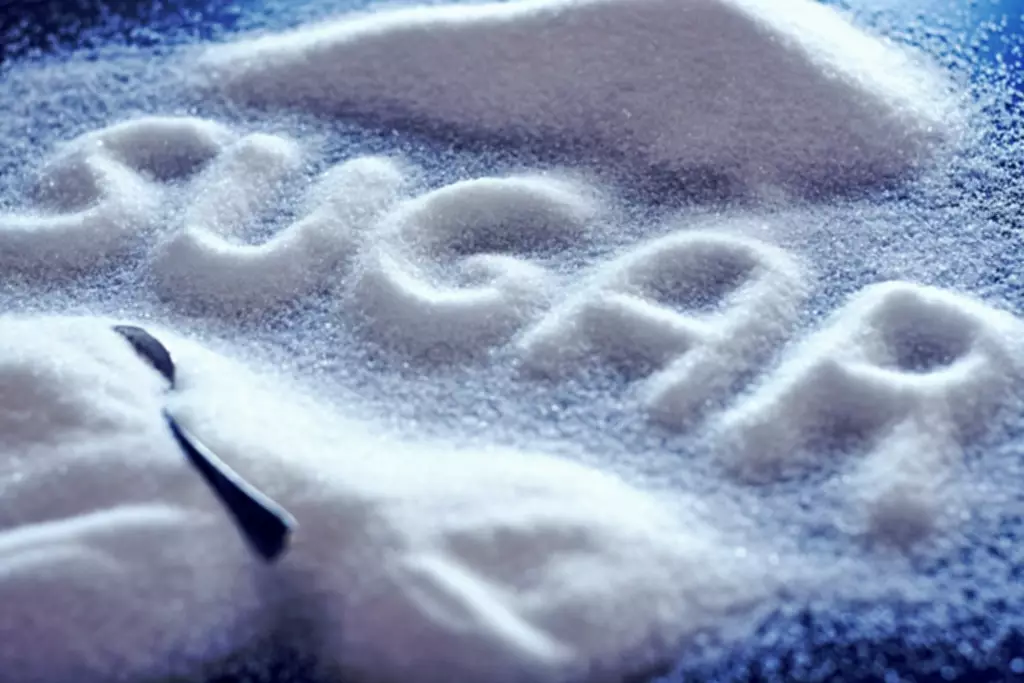Content
Depending on how much you drink, tapering off alcohol can take one to several weeks. It’s best to reduce your drinking by a small amount each day to avoid the shock to your system. So, if you normally have 6 beers a day, you could be done tapering within one week. It’s always best to consult a physician on the best strategy, especially if you drink heavily.
One of the safest ways to quit drinking is through tapering, which involves slowly reducing your alcohol intake over time. You don’t have to let the fear of alcohol withdrawal stop you from cutting back or quitting. You may decide to seek medical treatment for your withdrawal symptoms or decide to enter a professional detox or rehab center.
Challenges of Cutting Down on Alcohol Intake
No one should ever attempt a substitution taper with prescription medication unless their doctor specifically prescribed it for that purpose in a medical detox program. These include direct tapers, where you regularly decrease the amount how to taper off alcohol of alcohol you consume, and substitution tapers, where you replace alcohol with another substance. These strategies work in different ways to help you quit drinking, and one or the other may be appropriate for you based on your needs.
If you’ve decided to quit drinking, and tapering seems like the right approach, we’ve got you covered. Here’s how to wean off alcohol—including useful strategies, how to create a tapering schedule, and how to stay safe throughout the process. Whether you decide to taper down your alcohol use or safely begin with abstinence, having a sobriety toolkit and support system will be the most important factor towards success in reaching your goals. Getting curious about a life without alcohol is already an incredible step, and a healthier lifestyle is within reach. If you or a loved one is suffering from an alcohol use disorder, it can feel like being trapped in a tunnel with no way out.
Tapering Off Alcohol with the Use of Medications
They may have a mild-to-moderate substance use problem without being chemically dependent. Still, they may need to consider cutting back for other physical, mental, and social health reasons. Overstimulation in your nervous system can affect important unconscious functions like your heart rate, blood pressure, and electrical impulses. This is why you can experience seizures and heart failure during alcohol withdrawal. Alcohol works by increasing the potency of a neutral chemical in the brain called GABA, or gamma-Aminobutyric acid. GABA is a neurotransmitter responsible for your brain’s rest and digest response, which helps to facilitate sleep, relaxation, and anxiety release.
Depending on a variety of factors, it could be dangerous for you to reduce or stop drinking without medical support. Once your alcohol tapering schedule is complete, the work of maintenance begins. Continue to abstain from alcohol and monitor cravings or urges to drink. Don’t try to go through the recovery process alone — reach out for help and support. The support of family, friends, and others in recovery is crucial during this period of adjustment. Nonetheless, quitting cold turkey might be the only way for people who don’t have an alcohol use disorder (AUD).
Withdrawal and Safety When Tapering Off Alcohol
Moreover, substituting one kind of beverage for another does not help you taper off alcohol if you consume the same number of standard drinks as you usually have. For example, one 12-ounce can of beer contains the same amount of alcohol as a 5-ounce glass of wine or a mixed drink containing 1.5 ounces of alcohol. For some drinkers, cutting down on the amount of alcohol they drink simply does not work. They may cut back for a short https://ecosoberhouse.com/ period of time, but they soon find themselves back to drinking at their usual level. This is especially true of heavy drinkers who are surrounded by the triggers that encourage drinking and lack the support needed to encourage change. If you plan to taper your drinking in order to stop, make sure that you limit your intake consistently, avoid fluctuations, and adhere to a weekly reduction schedule with a set date to stop.
- Providers may prescribe medications such as benzodiazepines to reduce the effects of alcohol withdrawal.
- In the small intestine, alcohol is easily absorbed into the bloodstream.
- Someone will slowly diminish the amount they drink with the intention of avoiding the symptoms of alcohol withdrawal completely and will hopefully be able to avoid a relapse as well.
- To learn about how our substance abuse treatment programs address alcohol dependence and withdrawal management, please contact us today.
- Whatever the reason, getting sober is the first step toward repairing your life and restoring your health.
This is a highly personal decision, which can be made through self-reflection, and with the support of a medical professional and your peers. If it’s safe for you to quit cold turkey, you may find that cutting alcohol out entirely from the start helps you clearly uphold your boundaries. Or, you may find that quitting all at once is too drastic and decide to start by practicing harm reduction. If that is, in fact, the case, and they are going to experience the symptoms of withdrawal anyway, then it might be more helpful for them to undergo a more streamlined and straightforward detox process. This should, of course, still be done under the care and supervision of a medical professional at a treatment center specializing in medical detoxification.
Tapering Off Alcohol is Key to Overcoming Alcoholism
Deirdre graduated in 2012 from Pace University and completed her bachelor’s at Columbia University in New York and has her Master of Science in Family Nurse Practitioner. Deirdre has extensive experience in mental health and treating substance use disorder related issues. In addition, Deirdre has experience in caring for young adults, women’s health issues and adolescents with HIV/AIDS. She served as a Wellness coordinator at Search for Change, Inc and currently serves as an Independent Practice Coach from 2011 to present.
There are two ways to taper off alcohol—a direct or substitution taper. The success of these strategies will depend on how much you drink and what you drink. Tapering can be an excellent way to prevent harmful withdrawal effects after ceasing alcohol intake. Withdrawal usually begins within 6 to 8 hours after the last drink and peaks within 72 hours. Here are some tips and strategies for how to taper off alcohol safely. If you recognize yourself when reading through this list, it is time to seek the help you deserve.
Determining If You Need to Taper Off
In medical detox, you receive around-the-clock care from doctors and nurses to help prevent and treat alcohol withdrawal symptoms and their complications. This can set you up for a safe and effective detox and put you in a good position to continue your recovery in rehab. Tapering off alcohol at home versus under medical supervision can also lengthen the process, for the sake of safety.

In this case, having a strong support system, attending AA meetings, and talking with an addiction counselor is key to a successful detox process. The safest way to taper off alcohol is to do so with a doctor’s help. By looking at your medical history and alcohol intake, your doctor can determine whether you need to taper in a medical detox facility or can safely detox at home. Tapering alcohol is beneficial because you can avoid alcohol withdrawal symptoms. This is because when you drink heavily for months or years, your body can start to depend on alcohol to function normally.
Alcohol Tapering Calculator
When an individual has developed a substance use disorder or dependence on alcohol, stopping its use outright can seem virtually impossible. On top of this, quitting immediately — or “cold turkey” as many users and professionals call it — can be dangerous. Withdrawal symptoms are generally uncomfortable to deal with, but they can be fatal.
- Someone with AUD who cannot taper off alcohol will need to enroll in a detox program to complete withdrawal safely.
- The most effective option for alcoholics to stop drinking is to find a treatment program that offers medical detox services.
- A veteran of two branches of the U.S. military, Max is continuing his education in healthcare administration.
- For this reason, even at-home tapers should be done under a doctor’s care.
- The effects of alcohol can vary depending on weight, gender, age and other factors.

